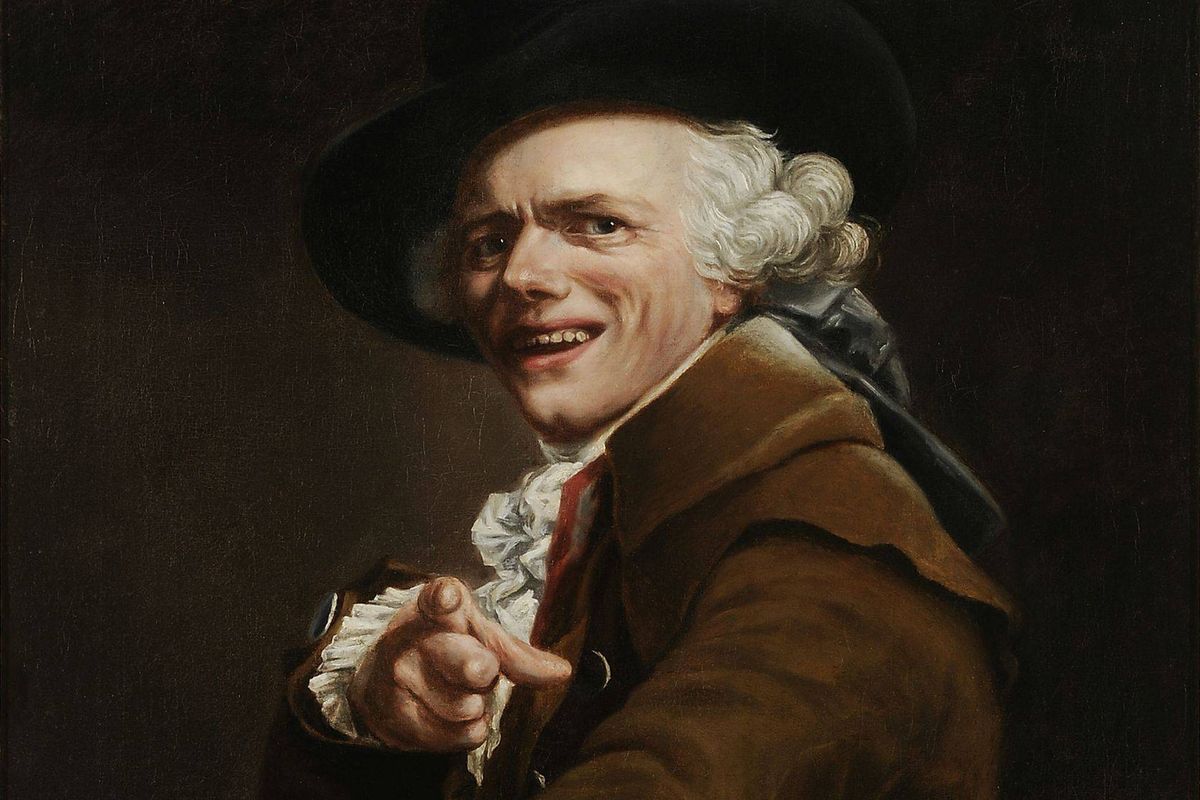
The Philosophy Of Memes
In a world overflowing with endless streams of cat videos, viral TikToks, and Instagram filters, it’s easy to forget the profound impact that memes can have on our daily lives. But if you take a closer look, these seemingly trivial snippets of digital humour offer more than just a chuckle—they hold a mirror up to our collective psyche. Let’s dive deeper into how the philosophy of memes echoes age-old wisdom and speaks directly to the modern Generation Z audience.
Think back to the first time you encountered a meme. Did it make you laugh, think, or feel a sense of belonging? Richard Dawkins, in his seminal work The Selfish Gene (1976), coined the term “meme” to describe units of cultural transmission or imitation, much like genes in biology. Dawkins explained, “Memes propagate themselves in the meme pool by leaping from brain to brain via a process which, in the broad sense, can be called imitation.” What he probably didn’t foresee is how memes would evolve in the digital age to become beacons of culture, sentiment, and humour, spreading rapidly across social media and shaping the collective consciousness of an entire generation.
Today, memes encapsulate a wide array of human experiences, from the everyday struggles of procrastination to the shared anxieties of global issues like climate change. The rapid dissemination of memes highlights how swiftly information can spread in our interconnected world, providing instant connection and understanding. Just as genes adapt and evolve, memes have morphed into a powerful form of cultural commentary that resonates deeply with the diverse and digitally native Gen Z.
Ever found solace in a darkly humorous meme that seemed to perfectly capture your existential dread? You’re not alone. Memes often reflect the absurdities of modern life, echoing the existentialist musings of philosophers like Albert Camus and Jean-Paul Sartre. In The Myth of Sisyphus, Camus explores the concept of life’s inherent absurdity through the image of Sisyphus, eternally pushing a boulder uphill only for it to roll back down. This symbolises the repetitive and often meaningless tasks we face daily.
Camus argued, “The absurd is born out of this confrontation between the human need and the unreasonable silence of the world.” Memes grasp this existential absurdity, providing a communal space where we can laugh at our shared struggles. They offer a moment of levity amidst the chaos, allowing us to connect with others who feel the same way. In a world where everything seems unpredictable, memes serve as a collective nod to the absurdity of life, turning our existential dread into shared humour.
Ever shared a meme with a friend halfway across the globe and both had a good laugh? This is not just a coincidence but a reflection of our shared experiences and collective consciousness. Carl Jung proposed that humans share a reservoir of experiences and archetypes that transcend individual consciousness. Memes act as digital representations of this collective psyche, capturing universal human experiences that resonate across different cultures and geographies.
Think of how quickly viral memes like “Distracted Boyfriend” or “Mocking SpongeBob” became a part of our global language. They transcend linguistic and cultural barriers, becoming a shared reference point that unites us in a common, albeit digital, experience. Memes serve as modern-day archetypes, reflecting the patterns of human behaviour and thought that Jung theorised, making us feel connected in an increasingly fragmented world.
Scrolling through your feed, you might notice how memes are not just for laughs but also potent tools for socio-political commentary. They condense complex issues into digestible, often biting content, making them accessible and engaging for a broad audience. This mirrors Voltaire’s use of satire to critique society and its institutions. Voltaire wrote, “I disapprove of what you say, but I will defend to the death your right to say it.” In our digital age, memes embody this sentiment, critiquing power structures and provoking critical thought through humour.
Memes turn intricate socio-political issues into relatable narratives, pushing us to question norms and think critically about the world around us. They become a form of digital activism, mobilising and uniting voices in a way that traditional media often fails to do. In challenging established norms, memes foster dialogue and create spaces for dissent and discussion, making them powerful agents of change in our digital society.
In a world where everyone seems to be curating the perfect online persona, memes often capture genuine slices of human experience. They resonate with the unfiltered reality of our lives, exposing our fears, desires, and vulnerabilities. Friedrich Nietzsche’s concept of the “eternal recurrence” suggests that life might be an infinite repetition of events, posing the profound question of whether we can embrace living our lives repeatedly in the same way.
Nietzsche pondered, “What if some day or night a demon were to steal after you into your loneliest loneliness and say to you: ‘This life as you now live it and have lived it, you will have to live once more and innumerable times more’?” Memes, through their endless recreation of human thoughts and emotions, prompt us to confront and embrace the raw essence of our existence. By creating relatable and authentic content, memes cut through the often superficial veneer of social media, fostering genuine connections and shared understanding among individuals navigating the complexities of modern life.
Have you ever marvelled at the clever wordplay in memes that make you pause and think? Memes play with language in innovative ways that align with Ludwig Wittgenstein’s ideas about the fluidity of meaning. Wittgenstein argued that the meaning of words is not fixed but is shaped by their use in different contexts. In Philosophical Investigations, he wrote, “The limits of my language mean the limits of my world,” suggesting that our understanding of reality is intrinsically linked to linguistic constructs.
Memes embody this linguistic creativity, deconstructing and reconstructing meanings to challenge our perceptions of reality. They often rely on puns, wordplay, and nuanced contextual cues to convey layered meanings. This playful manipulation of language enables memes to communicate complex ideas in concise and accessible forms. By pushing the boundaries of language, memes invite us to reconsider and reinterpret the world around us, encouraging us to explore new ways of understanding and expressing our experiences.
Memes are far more than trivial digital distractions. They are contemporary hieroglyphs etched into the digital landscape, offering profound insights and reflections on modern life. By examining memes through the lens of philosophy, we can uncover deeper layers of meaning, appreciate their role in socio-political discourse, and acknowledge their power in shaping collective consciousness. In their humour and wit, memes provide a unique window into the human condition, mirroring the complexities, absurdities, and shared experiences of contemporary society. They challenge us to confront existential uncertainties, engage in meaningful dialogue, seek authenticity in a curated world, and explore the dynamic nature of language. In doing so, memes become not only cultural artefacts but also powerful reflections of who we are and where we are headed in this digital age.



